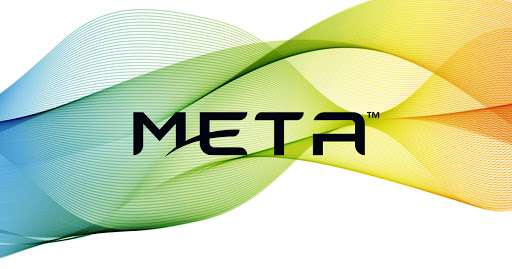Dartmouth-based advanced materials specialist META has closed a deal to buy British Columbia’s Nanotech Security Corp. for $90.8 million, as the maker of security holograms for bank notes and government ID cards announced it has inked a manufacturing deal worth up to $52.7 million over five years.
META announced it would buy Nanotech in August, two months after a reverse listing on the NASDAQ saw it become Atlantic Canada’s first publicly traded startup to be elevated to unicorn status.
Nanotech previously traded on the TSX Venture Exchange, the Toronto Stock Exchange’s sister board for young companies, where its last listed market cap was $119.3 million. It is now being delisted, with META controlling 100 percent of the shares.
“META is focused on growth and extending its leadership position in commercializing metamaterials,” said META chairman Ram Ramkumar in a press release.
“Nanotech’s highly skilled team and well-established, cost competitive production capability will complement our technology platform enabling a faster scale up into existing applications and position the Company for expansion into new verticals as well.”
Nanotech Security’s technology is used in more than 30 banknotes. As well as the deal worth up to $52.7 million, its current projects also include a contract worth $30 million with an unidentified, but major central bank, signed in 2017. It will look to extend that contract later this year.
The company owns a 105,000-square-foot factory in Thurso, Que., including 35,000 square feet of production space that meets the European Central Bank’s standards for its contractors. It also owns 47 patents.
META’s purchase of Nanotech Security is part of its foray into an array of industries, ranging from renewable energy generation, to biotech, to telecommunications.
Its current projects include a deal with Japan’s Sekisui Chemical to develop a film to reflect 5G radio waves; a deal with Houston, Texas-based Sage Geosystems to develop materials for building “subsurface thermo-electric generators”; and a recently completed 27-month joint project with the British government and London’s Brunel University to develop the prototype for a needleless blood glucose testing system.










